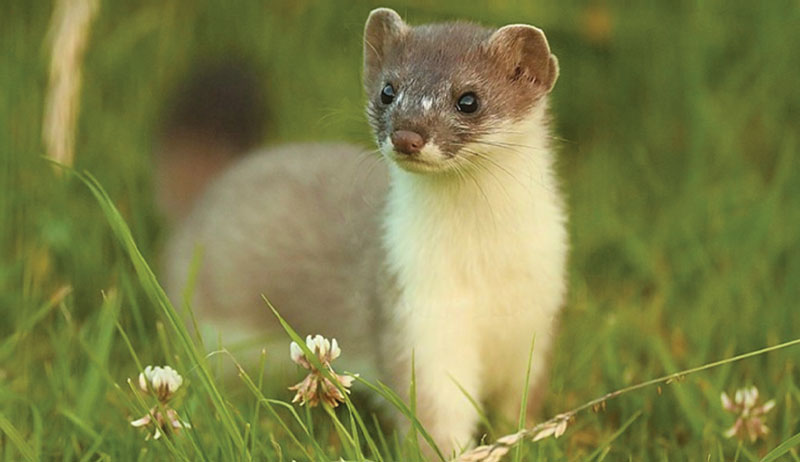Your backyard poultry are of great interest to you, providing delicious eggs and meat, as well as garden fertilizer, pest control and daily enjoyment to you and your family. But unfortunately, your chicken coop is also quite interesting to other creatures, including coyotes, cats, dogs, foxes, hawks, minks, weasels, owls, opossum, rats, raccoons, skunks, snakes and many other predators.
Raise poultry long enough, and you’re likely to lose one now and then to predators. However, if you take the protection of your poultry seriously, losses can be kept to a minimum.
The list of predators that can attack our poultry is long, and air and ground attacks can occur day and night. If something is attacking your poultry, the first step you need to take is to find out which predator is to blame. In many cases, predators will leave signs and tracks behind as evidence.
When these signs are not present, much can be inferred by how the birds are attacked. Different predators are active at different times of the day, and their hunting and feeding behavior differs. Once you know which predator is attacking your poultry, you can secure the chicken coop and take action to prevent future issues.
What Hunts When
Bobcats, coyotes and foxes prefer to hunt after dark, and they usually take birds away to eat elsewhere. Overnight, raccoons and weasels are also significant threats. Raccoons will often pull a bird’s head or legs through a wire fence and leave its body behind, while weasels sometimes kill many birds by biting them at the backs of their heads.
Birds of prey can also be very serious predators. Large hawks will attack birds from above during the daytime hours and eat them in place, as evidenced by scattered feathers. Great horned owls are also known to take birds at night, either carrying them away or eating them on the spot.
Dogs and cats can also be a very big problem in urban areas. Skunks and opossums will eat eggs and sometimes birds, while black bears will occasionally recognize poultry as food.
Wildlife cameras can be used to help find out the predator. Because motion sensors activate them, cameras can also be used at night. While they can’t prevent predators, the knowledge they can provide is beneficial in preventing future issues.  GS23/Shutterstock
GS23/Shutterstock
Regardless of which method you choose, knowing your enemy is critical if you expect to win the war against predators.
Protection Priorities
Once you have identified which predator is attacking your chicken coop, you can take actions to prevent future issues. Probably the two most important parts of protecting your flock from predators are correct housing and fencing. Whether you buy it ready-made or build your own, there are a few simple things you need to know to keep your poultry happy and safe.
Fencing
Quality fencing is the foundation for effective predator control. Fencing is almost always a necessity, especially if your birds…

